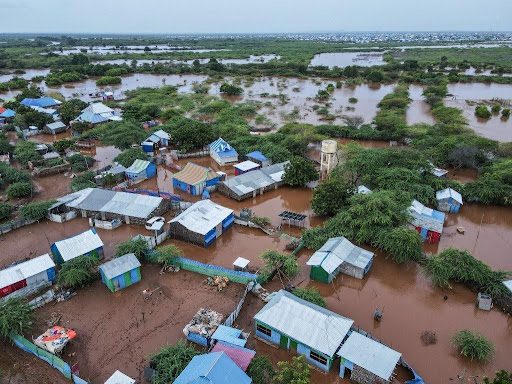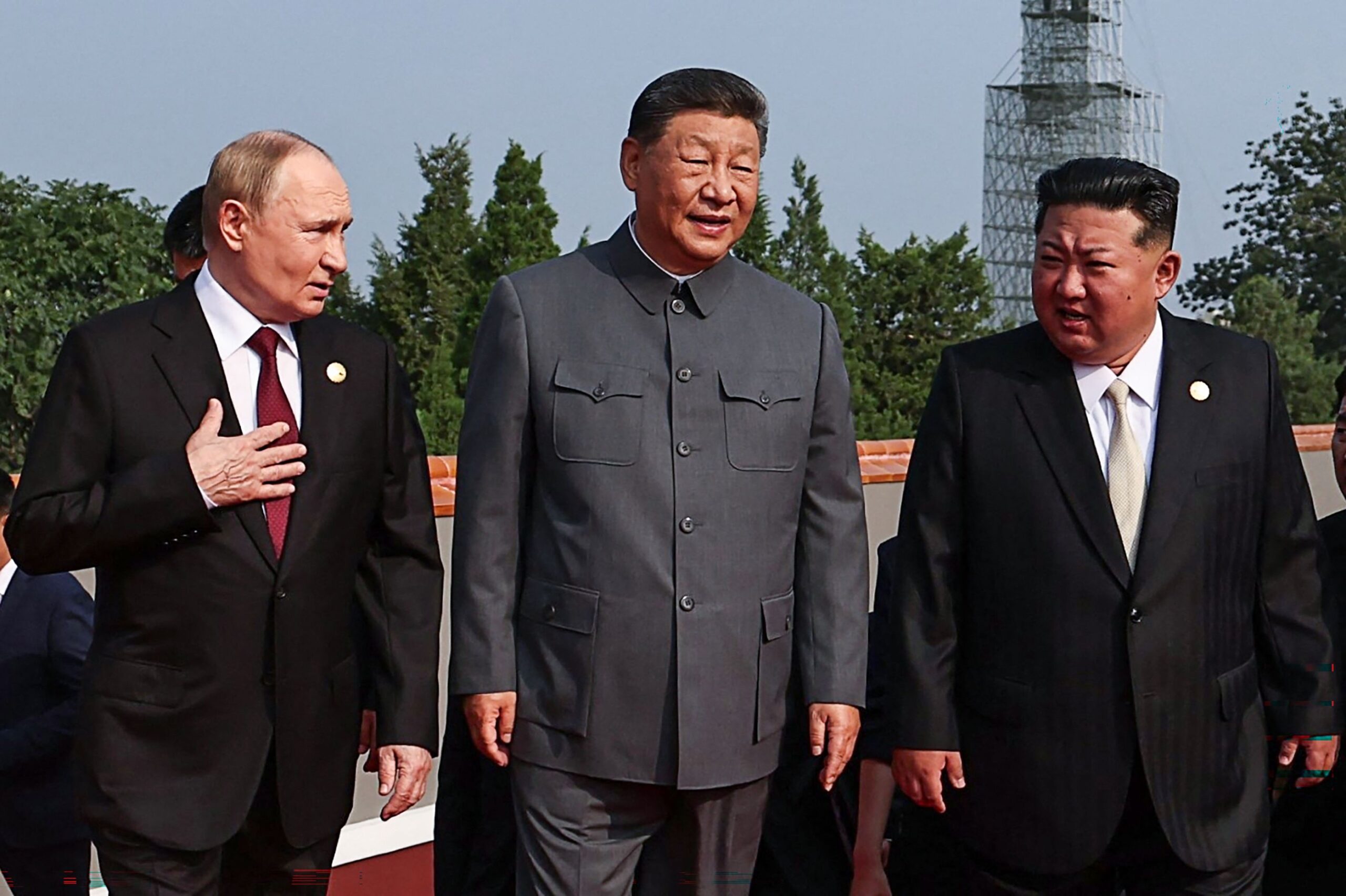

Africa stands at the threshold of a profound transformation, reimagining its relationship with the vast ocean resources that define its shores. As the continent grapples with global challenges in securing climate financing, it is crafting a narrative of resilience and innovation. Historically, traditional mechanisms have marginalized African nations, leaving them underserved despite their acute vulnerability to environmental shifts. The recent Montreal-Kunming pact, for instance, underscored the chasm between global commitments and resource allocation, prompting African negotiators to advocate passionately for equitable solutions.
The blue economy embodies a visionary framework for Africa, harmonizing economic growth with ecological stewardship. By sustainably harnessing marine resources, the continent can foster economic resilience while safeguarding the fragile ecosystems underpinning its prosperity. However, this vision faces formidable challenges, particularly the inequities caused by harmful foreign fishing subsidies, which outstrip the support African nations can offer their own fleets. These imbalances not only erode local opportunities but also strain marine environments, underscoring the urgent need for Africa to reclaim agency over its ocean resources.
One of the most ambitious expressions of this vision is the Great Blue Wall initiative—a collaborative effort among African nations to protect and restore their ocean territories. Launched in 2021, this groundbreaking endeavor seeks to create a regenerative blue economy, where conservation and economic empowerment coexist. The initiative aspires to safeguard 30% of participating nations’ Exclusive Economic Zones by 2030 while promoting biodiversity and improving livelihoods. By engaging local communities as ocean stewards, the Great Blue Wall enhances livelihoods and reinforces Africa’s commitment to ecological regeneration. This initiative prioritizes critical habitats such as coral reefs, mangroves, and seagrasses, aiming to generate 10 million blue jobs and support 70 million people by the decade’s end.
Innovative financing lies at the core of these efforts. Seychelles has led the way with its pioneering issuance of sovereign blue bonds, raising $15 million in 2018 to fund marine conservation and sustainable fisheries. Similarly, Cabo Verde’s debt-for-nature agreement with Portugal redirected $12.9 million into projects focused on renewable energy and desalination. São Tomé and Príncipe’s agreement funneled $3.7 million into climate adaptation initiatives. These financial mechanisms do more than fund critical projects—they symbolize Africa’s ingenuity in addressing global challenges through tailored, impactful solutions.
The success of Africa’s blue economy also depends on robust partnerships. By aligning with international allies, African nations amplify their initiatives, secure expertise, and access additional funding streams. Collaborations such as Italy’s €400 million co-financing agreement with the African Development Bank highlight the growing recognition of Africa’s pivotal role in shaping a sustainable future. Blending public and private investments, these partnerships exemplify the integrated approach necessary to balance ecological preservation with economic advancement.
Africa’s ocean prosperity transcends regional aspirations; it represents a beacon for global environmental harmony. By championing innovative strategies, fostering dynamic collaborations, and maintaining an unwavering commitment to sustainability, the continent is poised to redefine the possibilities of its blue economy. In doing so, Africa secures not only its own future but also offers the world a roadmap for harmonizing development with ecological integrity


